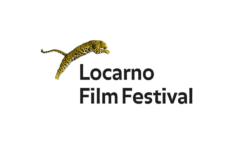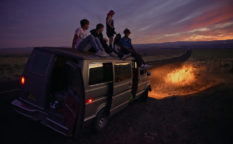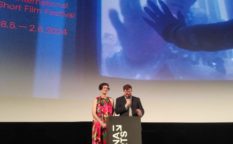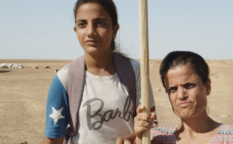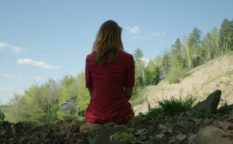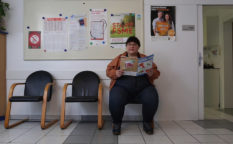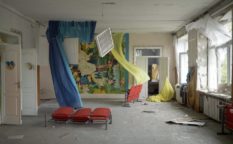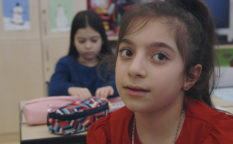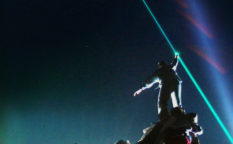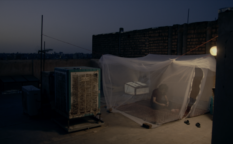Review: Honeyland (2019), by Tamara Kotevska & Ljubo Stefanov
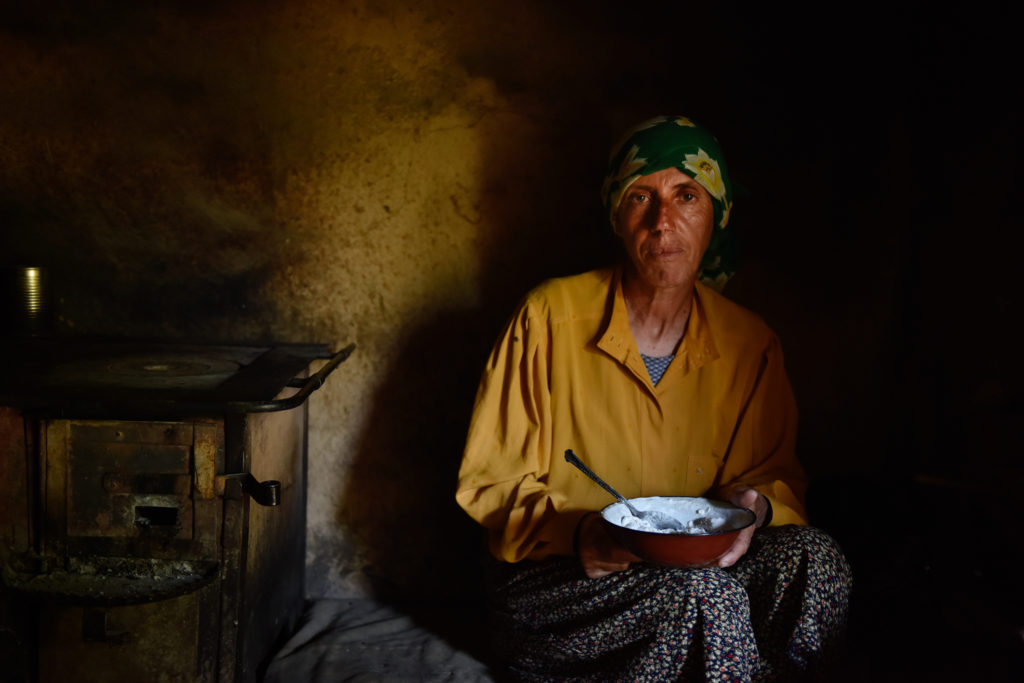
Honeyland, directed by Tamara Kotevska and Ljubomir Stefanov, was one of rare films from this year to be found in the official feature-length competition of the first edition of IceDocs. It was also one of the principal favourites for the award. It ended up with special mention, “losing” to another intriguing and important film, Joost Vandeburg’s Bruce Lee and the Outlaw. However, the future of Honeyland should not be questioned because the film’s recent past can serve as an accurate predictor: after awards at Sundance (where the film premiered) and DocAviv, it would be a miracle if Honeyland gets passed in the awards season.
The film starts in a mode that could be labelled observational. We see our protagonist Hatidže visiting her improvised apiaries made in the cracks in the rocks of nearby mountains or in the cracks in dry walls in her deserted village. When she is not on her “honey-tour”, Hatidže also takes care of her old mother Nazife and tends to their house and a small compound without electricity and running water. Hatidže’s ethics regarding the honey picking is impeccable: she leaves half of it to the bees and sells the rest at the marketplace in Skopje. She spends some of her earnings on the hair dye even though she hides her hair under the scarf. Her life is hard, but she does not complain.
As much as it may sound that the film feeds on misery, that is far away from the truth. The observations are strictly of the ethnological and anthropological kind since Hatidže and Nazife are among the last members of a Turkic tribe that live their lives under the traditional code.
The things are about to change when the Sams, the family of nomadic cattle drivers moves into the village. It consists of father Husein, mother Ljutvije and their half dozen children. They are also equipped with a truck and a tractor and set on some easy money, so they turn to bee-keeping. Hatidže has the best of intentions for them and wants to help them, which resonates with their young son Mustafa. However, the lifestyle differences and ethics are quickly becoming so prevalent that it will lead directly to destruction for people and animals likewise.
In the second half, Honeyland becomes a sharp and eloquently put piece of social criticism aimed at capitalism and greed. It feels organic and is targeting both the hearts and minds. The best association available is a one-time Oscar nominee, Hubert Sauper’s Darwin’s Nightmare, but the twist here is somewhat different. The Sams are not even close to a greedy corporation. They are just ordinary, poor people from the margins of society trying to secure their bare existence. Every move they make ends up a failure, but it is rarely just their own fault. In a dramaturgical sense, they are “the bad guys”, they are loud and raw and sometimes their invite their wheeler-dealer associate who gives them all the wrong advices in the world. However, they are not “evil” so to speak, no one in the film actually is – the life is just hard and challenging and it is similar for poor traditional honey-makers, families with a lot of children and small traders, so the disaster seems to be inevitable.
The filmmakers are, beyond any doubt, capable to follow, round up and tell the story in the manner that is universally understandable for audiences all over the world, and to do that without any need of additional contextualization. The question arising here is: how much of the things we see are for real and how much was previously scripted? It actually does not matter much because the logic behind it is firm and the message is humane. On top of that, all the characters, especially Hatidže, are movie-friendly, the cinematography by Samir Ljuma and Fejmi Daut is astonishing and well weaved into the film thanks to Kotevska and Stefanov’s directing and the editing handled expertly by the film’s producer Atanas Georgiev.
Honeyland is one of the most memorable documentaries of the year.
Original Title: Honeyland (alt. Medena Zemja)
Country: North Macedonia
Language: Turkish
Runtime: 87 min
Directors: Tamara Kotevska & Ljubomir Stefanov
Production Companies: Apolo Media, Trice Films
Producer: Atanas Georgiev
Music: Foltin
Cinematographers: Fejmi Daut, Samir Ljuma
Editor: Atanas Georgiev
Sound editor / Supervising Sound Editor: Rana Eid
Re-recording mixer: Florent Lavallée
Foley Artist: Lama Sawaya
Foley Recordist: Francois Yazbeck
Music Producer: Ivica Jankulovski

